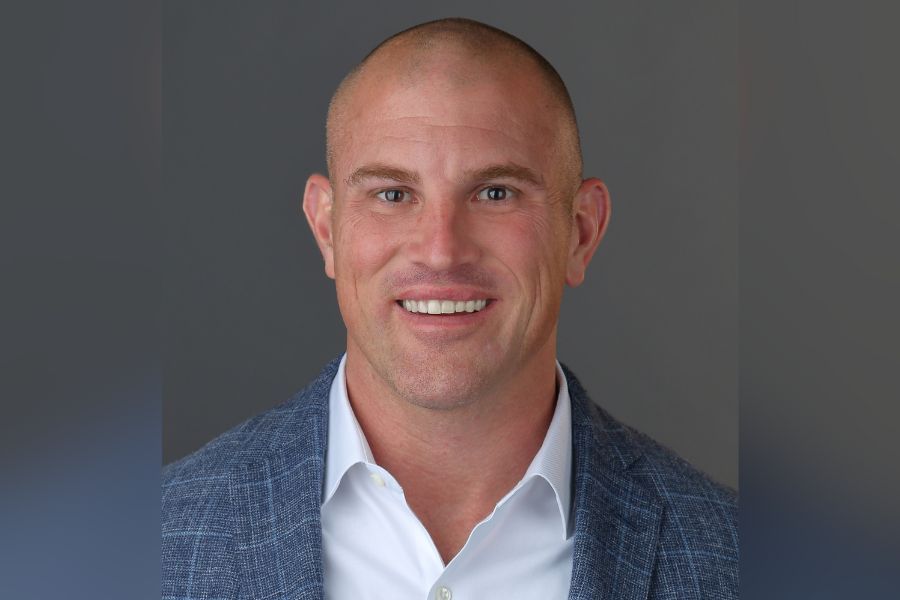PNC sues former adviser, Morgan Stanley for "surreptitious conspiracy"
PNC Bank sued one of its former advisers and Morgan Stanley, claiming the employee recruited colleagues and may have used her cellphone to photograph client lists from her work computer before moving to the wirehouse.
A former PNC Bank NA trust adviser who moved to Morgan Stanley is in hot water after allegedly using her cellphone to photograph client lists and soliciting other advisers to change firms.
PNC Bank filed suit against former trust adviser Emily Daly and Morgan Stanley in U.S. District Court for the Western District of Pennsylvania last month, accusing her of stealing trade secrets, wrongfully soliciting clients and violating her employment agreement when she left the firm on Jan. 31.
The firm, which is accusing Morgan Stanley of assisting her in taking confidential client information, is asking for millions of dollars in damages.
“This case arises out of Daly’s surreptitious conspiracy with other Morgan Stanley employees to breach her contractual obligations owed to PNC, misappropriate PNC’s confidential information and trade secrets, unlawfully solicit PNC’s customers and unfairly compete with PNC through Morgan Stanley,” according to the complaint.
The case highlights the dilemma that many brokers face when changing firms and attempting to move clients without violating non solicitation agreements, according to Scott Matasar, an attorney with Calfee Halter & Griswold.
“When people engage in really obvious misconduct, such as mass downloading of client lists and other confidential information, you’re inviting this kind of litigation,” said Mr. Matasar, who has advised brokers on similar transitions. “It makes it very easy for the former firm to come after you.”
PNC isn’t a member of the Protocol for Broker Recruiting, an agreement among about 1,100 firms that they won’t file suit, provided the transitioning adviser only takes selected client information such as names and phone numbers.
PNC spokeswoman Marcey Zweibel declined to comment because the litigation is pending.
Ms. Daly, who was responsible for providing trust and advisory services to one of the firm’s largest customers in Florida, helped move $250 million in client assets that generated about $1 million in fees to Morgan Stanley, according to PNC’s complaint.
PNC’s employment contract includes statements that prevent employees at the bank from taking any information that isn’t generally known in the industry or “acquired from public sources” outside the firm.
After internal security measures blocked her from downloading client lists, Ms. Daly “was observed taking photographs of her computer screen with her mobile phone,” hours before she left the firm, according to the firm.
PNC didn’t specify whether the observation was made by a person or surveillance cameras in the office.
Ten boxes of client information are also missing from Ms. Daly’s office, according to the complaint.
Banks can be especially sensitive to advisers taking clients with them when they leave for another firm because clients are sometimes assigned to advisers, according to Danny Sarch, president at career consulting firm Leitner Sarch Consultants.
“Even if she had followed the letter of the law, she would have been a crap shoot because you’re never sure what is truly the adviser’s and what is referred to her by the bank,” he said.
The firm is also requesting that Ms. Daly pay back wages for allegedly helping to recruit three of her colleagues for Morgan Stanley while she was still at PNC.
Three advisers also resigned from PNC to move to Morgan Stanley at the same time, according to the complaint.
(See also: Morgan Stanley to pay fine over CFTC customer-fund claims)
Those in management positions or who may oversee advisers have to be careful to avoid coordinating with those working beneath them, Mr. Sarch said.
Even when colleagues ask about a move, he said that he tells advisers to make a record of the phone call and advises them not to talk about the move.
“If three guys move with you at the same time, they will make the case that you were soliciting them while you were working with them,” Mr. Sarch said. “You can’t have two masters.”
Morgan Stanley spokeswoman Christine Jockle declined to comment.
Ms. Daly didn’t respond to an e-mail requesting comment.
Learn more about reprints and licensing for this article.






